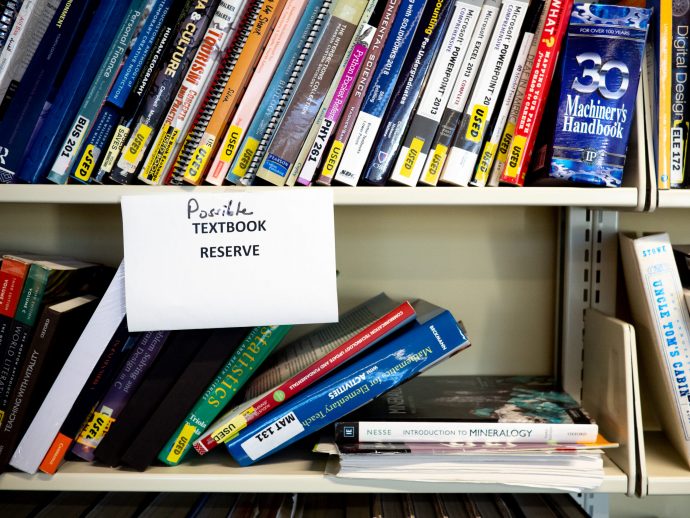
Punjab to Merge Various Departments to Enhance Quality of Education
In an effort to improve educational standards, the Punjab government has announced intentions to combine the Punjab Curriculum and Textbook Board (PCTB), Quaid-i-Azam Academy for Educational Development (QAED), and Punjab Examination Commission (PEC) into one cohesive body.
Staff members, however, are sceptical that this action would result in widespread layoffs.
The government has established a five-person committee to supervise the integration process, with an emphasis on curriculum creation, teacher preparation, and assessment framework. The Managing Director of PCTB, the Director General of QAED, the CEO of PEC, and any other member deemed essential make up the committee, which was established by a notification issued by the Punjab School Education Department (SED) on April 26. The Special Secretary of SED serves as the committee’s chairperson.
The committee’s tasks include outlining the roles and responsibilities of PEC, PCTB, and QAED; determining which functions are duplicated; rearranging roles; consulting with stakeholders; examining global best practices; proposing integration strategies; and weighing the advantages and disadvantages of each approach. It is also anticipated to include a schedule for the process, address human resource obligations while protecting the rights of current employees, and propose new legislation or changes.
The integrated organization’s organogram shows that the CEO is in charge, three managing directors are in charge of operations, academics, and inspectorate, respectively, and the Chief Minister is designated as chairperson, the Minister for School Education as vice-chair, and the CEO as head.
Speaking to Dawn in private, a department head emphasised PCTB’s independence, saying that it is in charge of creating textbooks, developing curricula, and printing them. In a similar vein, QAED is in charge of teacher preparation, and PEC oversees examination processes. He contends that the merger plan lacks input and puts current staff at danger, casting doubt on its ability to raise educational standards.

Content writer, educationist, teacher, researcher, social media manager, and a SEO manager from lahore. She has been working as a freelance academic and non-academic writer for more than 10 years now. She has a passion to learn new things and has a knack for writing and she combines both things to produce write ups she pours her heart out in.

